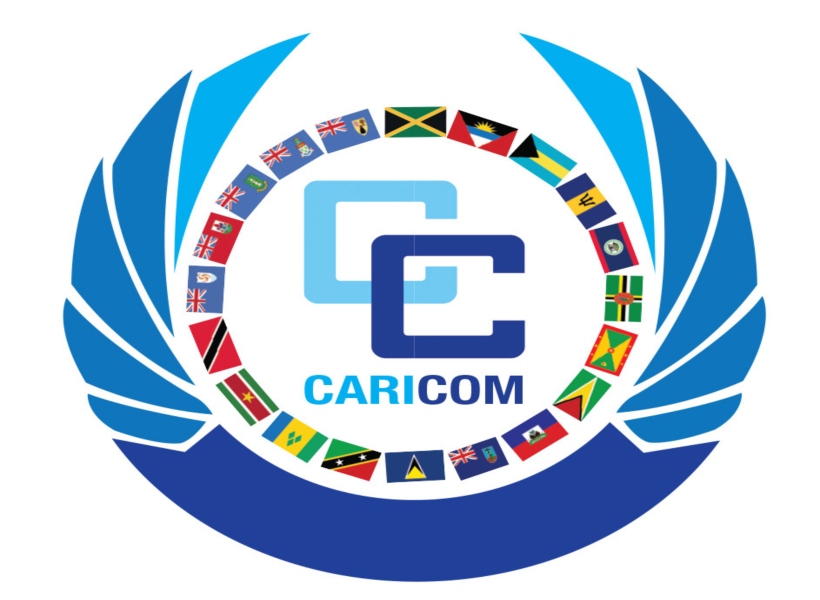The Heads of Government within the Caribbean Community (CARICOM) have expressed concern at the slow pace and low level of implementation of the CARICOM Single Market and Economy (CSME).
At the 40th Meeting of Heads, concerns were raised about the lack of urgency exhibited by some Member States in enacting the necessary legislation and putting in place the administrative measures for implementation.
This is according to the communique issued this morning by the regional bloc.
In it, the Heads of Government recognised that there were various capacity constraints and there was need to strengthen capacity at the national level to address the challenges, in particular that of the drafting of legislation.
The Heads also agreed to provide greater support to the CSME Focal Points through the strengthening or establishment of CSME Units within the Ministries with a focus on implementation in accordance with the agreed timelines.
The Heads of Government urged Member States participating in the CSME as a matter of priority to undertake the necessary action at the national level as agreed in the Implementation Plan, acknowledging the importance of timely reporting on implementation action and challenges as well as of Public Education and outreach.
The ultimate goal of the CSME is to provide the foundation for growth and development through the creation of a single economic space for the production of competitive goods and services. The CSME is at the heart of CARICOM’s economic integration and economic integration is one of four pillars on which CARICOM rests in pursuit of its objectives.
Already, the CSME has had an impact on the lives of citizens and business. Several categories of persons seeking employment move freely. This has been achieved through the abolition of the work-permit system; the introduction of the Certificate of CARICOM Skills Qualification; definite entry for six months; indefinite leave to stay in a Member State; and the right to transfer social security benefits from one CARICOM state to another. In addition, the creation of the Caribbean Court of Justice (CCJ) to interpret and apply the Treaty that established CARICOM and to settle disputes.













